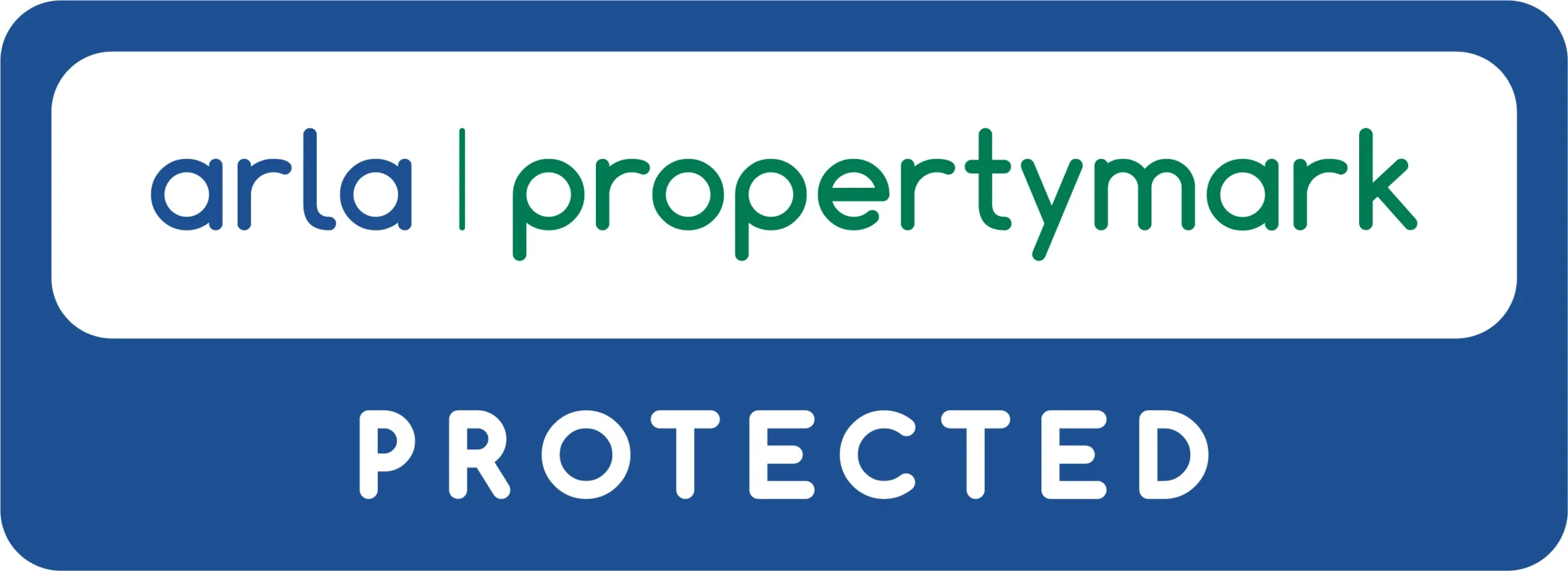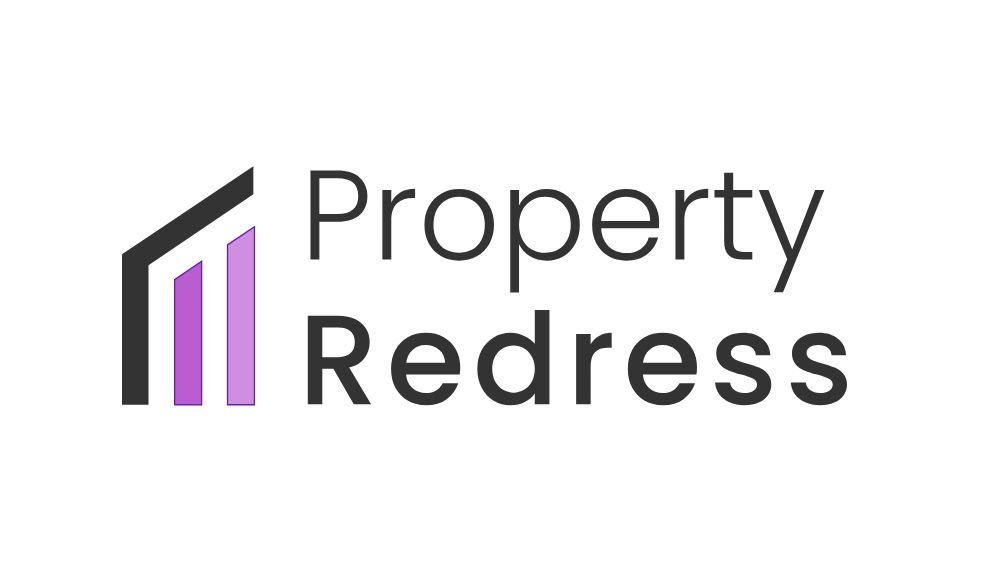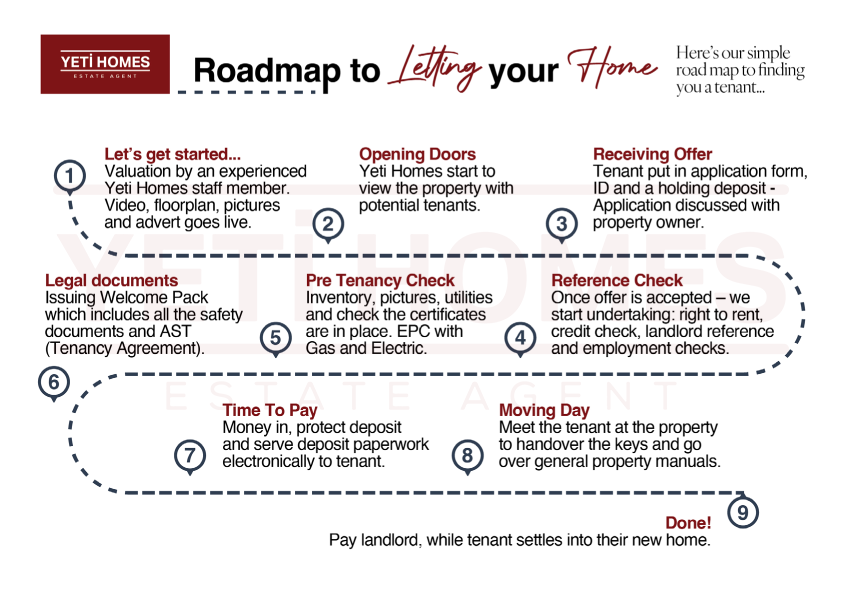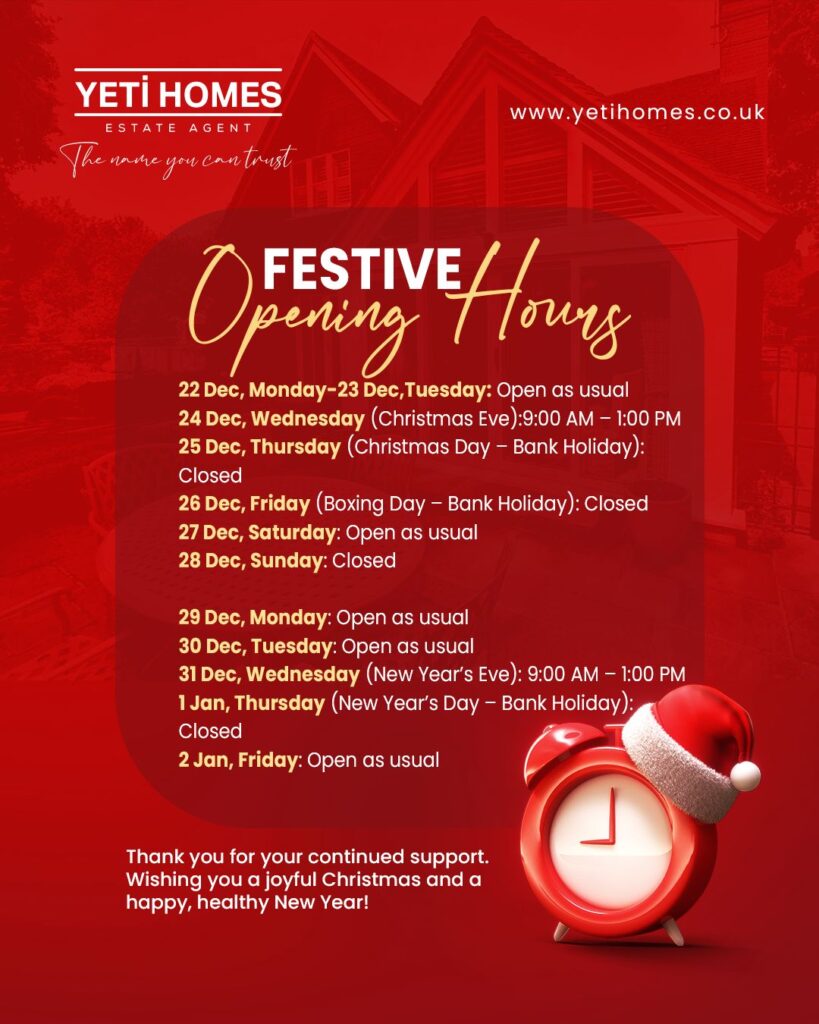Let with Confidence
Preparing to let
The team at Yeti Homes have a wealth of experience covering all aspects of property management, including marketing, financial, legal and maintenance.
This vast combination of professional expertise along with our local knowledge ensures we are able to provide a complete service to all our Landlords, from single property investors through to those with a portfolio of properties.

We are covered by the ARLA Client Money Protection scheme We comply with the ARLA PropertyMark procedures for handling client money View our Client Money Protection Certificate

We are members of The Property Redress. View our Property Redress Certificate

Services:
About Let Only
About Rent Collection
Our hassle-free service designed to ensure landlords receive payments on time and the rent is collected directly from tenants through secure payment methods. We send out tenant reminders, chase late payments, and generate monthly rental statements using our advanced CRM system. This streamlined process saves time, reduces stress, and provides financial security.
About Property Management
All in one property management services including dealing with maintenance issue, handling general enquiries and most importantly undertaking midterm property visit to ensure your property is being maintained to good standard. This service is inclusive of our Let Only and Rent Collection services, providing you with complete peace of mind and professional management of your rental property.
About Property Management with Rent Guarantee
All of the above, plus the peace of mind of not ever having to worry about rental arrears, or covering the legal expenses for obtaining possession of the property. This is an insurance based product available for landlord upon successful completion of their tenant’s reference check.
Fees:
Initial Setup: £250
- Free Consultation of your Property Value, Market Conditions and Current Legislation
- Arrange Marketing Content, including
Energy Performance Certificate (if required) - Advise Landlord on Basic enhancement and/or refurbishment of the Property to improve Rental value
- Preparation of Online Marketing with Professional Photographs and Floors Plans
- Video walk-throughs for Virtual Viewings and Social Media Advertisement
- Advertising with Rightmove, Zoopla, Yeti Homes Estates, and Social Media with detailed Property Description
- Qualify Enquiries against Landlord requirements prior to viewing
Final Setup: £250
- Arrange and Accompany Viewings
- Weekly Feedback and Statistics about your Property’s Online Performance
- Monitor Property Performance within the Market & adjust rent appropriately, if required
- Negotiation with Prospective Tenants about Rent & Terms and Conditions
- Undertaking Reference & Right to Rent Checks
- Preparation of Assured Shorthold Tenancy (AST)
- Pre-tenancy visit before Tenancy start date Protection of Security Deposit with Deposit Protection Service (DPS)
- Updating Local Council about Change of Circumstance
- Inventory and Schedule of Condition (at a charge rate)
Preparing to let
The private rental market is extremely competitive and finding good tenants can be a challenge. Our lettings team will be pleased to advise you on how you can best prepare to let your property to secure careful, professional tenants.
We’ve prepared this quick guide to give you more information about your legal requirements as landlord. Please note: this is intended as guidance only. Letting properties is subject to legislation which is regularly updated. You are advised to check recent updates/regulations with our professional letting’s advisor.
Your mortgage lender (if any) must give written permission for the property to be let and we will ask for a copy of this permission before the start of the tenancy.
If your property is leasehold, it may also be necessary to obtain permission from your freeholder prior to letting.
If you are intending to provide any electrical items in a let property then you will be responsible for the maintenance and annual safety testing of them.
It is a requirement to ensure that electrical installations are safe and maintained in a safe condition, and the way of determining this is to have an Electrical Installation Condition Report (EICR) undertaken every five years and annual Portable Appliance Testing (PAT) for any appliances in the property.
From 1st July 2020, five-year EICR testing became mandatory on any new tenancies and for any existing tenancy from 1st April 2021. You can be liable if something goes wrong and failure to comply with the Electrical Equipment (Safety) Regulations 1994 and The Consumer Protection Act 1987 is a criminal offence and can incur serious penalties.
All electrical appliances need to have a minimum CE rating (Electrical Equipment (Safety) Regulations 1994).
We use qualified engineers who we can recommend to you to carry out these works and our property management systems will automatically alert us when the tests need renewing.
As part of your letting preparations, we recommend that you have your heating/hot water system serviced by a qualified engineer. This should be done before letting your property and annually thereafter to keep the appliances in optimum condition.
You are required by law to prove that any gas or electrical installations are safe. All gas installations and appliances must be certified by a ‘Gas Safe’ engineer and a Landlord’s Gas Safety Certificate issued to adhere to Gas Safety (Installation and Use) Regulations 1998.
We are required to hold a copy of the certificate before any tenancy can commence and keep up to date records for the duration of the tenancy. We also are obliged to provide the tenant with this documentation prior the tenancy commencement.
The Smoke and Carbon Monoxide Alarm (England) Regulations 2015 requires smoke alarms to be provided on each floor of a let property, including mezzanine levels, and carbon monoxide alarms to be provided next to solid fuel burning devices.
Not all tenants are keen gardeners(!) so you may wish to consider making your garden as low-maintenance as possible before letting your property and we advise that you present it in a tidy condition before the first tenancy.
During a tenancy, tenants are responsible for keeping gardens tidy, while landlords retain responsibility for larger shrubs and trees.
It will encourage tenants if a basic supply of appropriate tools and a lawn mower are provided.
In certain cases, it may be worthwhile factoring in a degree of gardening maintenance within the rent and employing a professional gardener to tend to the garden.
This is a subjective issue at the best of times, which is why Yeti Homes provides objective view of the standard of cleanliness that must be achieved at the start of a tenancy and at the end. If you are letting your property for the first time, please ask for a quotation to have it cleaned to the required standard.
Landlords are responsible for utility accounts, including council tax, while any rental property is vacant.
If you are vacating the property prior to it being let, please notify your providers of your leaving date, and provide them with meter readings.
It is extremely important that tenants know where meters are located and have any keys required to access them.
If your property is a flat, please mark the meters with your flat number.
You should close your telephone account when you leave the property, and cancel your TV licence.
The most important thing to understand when you are preparing to let is that, regardless of whether your property is furnished or unfurnished, your legal position as a landlord is the same and that there is a demand for both.
Landlords are legally obliged to maintain whatever is provided in a let property and safety is of paramount importance.
Padded soft furnishings manufactured or re-upholstered from 1950 must comply with The Furniture and Furnishings (Fire) (Safety) Regulations 1988. An unfurnished property should still include carpets, curtains, lamp shades and, if it’s an apartment, usually white goods in the kitchen.
Request For Valuation
FAQ
How long will it take me to find a tenant?
If your rental property is presented at its best and priced to suit the prevailing market then it should take no more than a month to let it.
On average, we have been renting out the property in 2 weeks.
How long will the tenancy last?
Most of our properties are let for an initial fixed period of six months, although sometimes it suits both landlords and tenants for this to be 12 months or longer. After the fixed period the tenancy will go into monthly rolling contract by default.
The majority of tenancies ‘run on’ after this initial fixed period until ended by either party given relevant notice; for landlords, this period is two months and for the tenant it is one month.
How much will I know about my tenant?
When a suitable tenant has been found for your property, they will be fully referenced and you will be advised of their name, occupation and personal circumstances.
If you are a local landlord and would like to meet your tenant this can be arranged, but it’s by no means obligatory for a managed tenancy.
If you are managing your own tenancy then you will, of course, meet your tenant and he/she will be given your contact details on moving in.
When do you collect rent?
For Fully Managed and Rent Collection arrangements, all rent is payable on the date of the start of the tenancy. If both parties are content to proceed, the rent collection date can be moved to the first of the month, with the first and last months of a tenancy calculated on a pro-rata basis.
Our commission and any other deductions for repairs, insurance on the let property etc will be deducted and the balance paid to you.
We will provide you with a monthly statement which details all transactions on your account.
When will I receive my rent?
Allowing time for the rent to reach our account, and to be processed, you should find that the monthly rent reaches your account no later than 3 days from the rent payment date.
However, this can be affected by the timing of weekends, bank holidays etc.
Who is responsible for repairs in a let property?
As the landlord, you will be responsible for ensuring that your property, including its fixtures and fittings, is in a good state of repair.
Repairs that are the landlord’s responsibility are billed by the contractor and paid when the next rent is received.
Of course, if the repair is the result of neglect on the part of the tenant, then the invoice will be directed to him/her.
We will be happy to discuss your individual maintenance requirements prior to the commencement of the tenancy.
What happens at the end of the tenancy?
For Managed and Rent Collection properties, when notice is given we notify you and immediately start to re-market your property to ensure that we minimise the void period between lets for you.
We also advise the tenant on cleaning requirements. When the keys are received from the tenant, our independent Inventory clerk checks the property against the original inventory, taking account of the nature and length of the tenancy, and provides a written report to us.
Any deductions from the deposit are negotiated by us on your behalf in line with the requirements of the Tenancy Deposit Scheme.
For Introduction Plus landlords, a copy of the final report will be sent to you so that you can negotiate the deposit return directly with your tenants.
What insurance do I need for a let property?
If you are considering letting your property you must advise your insurers because not all companies will cover rental property and not all insurers will provide the detailed cover required by landlords. We recommend following as a minimum cover:
Buildings & Contents Insurance including:
Accidental damage
Malicious damage by the tenant
Loss of rent when the let property is uninhabitable through an insured event such as flooding
Property owners’ liability cover
How is income tax collected for overseas landlords?
All income generated in this country is assessable for tax, regardless of the residential status of the owner.
A landlord is classed as non-resident in the UK if they are out of the country for more than six months in any tax year.
For Managed Properties: In accordance with the Finance Act 1995, agents are required to deduct tax at the basic rate from rental income net of expenses prior to paying monies to overseas landlords. The agent must send the tax deducted to HMRC on a quarterly basis (in June, September, December and March).
However, under this Act, HMRC introduced a system of self-assessment and all overseas landlords may apply to the HMRC for approval to be paid the rent without tax being deducted. If this is granted the agent is issued with an Approval Number for the landlord, whereby they are allowed to pass the rental monies to the landlord without deduction of tax. The overseas landlord would then settle any tax due directly to HMRC in an annual return.
Should you move abroad whilst in the middle of a tenancy you must advise us of this so that we can ascertain whether tax should be deducted from your rental income.
We strongly recommend that you apply for self-assessment and we can provide you with the appropriate application form.
We cannot file this application on your behalf – it must be done by you. If a property is owned by more than one overseas landlord each landlord must submit an application for approval.
For Non-Managed Properties: Your tenant will be required to contact HMRC to determine whether they need to deduct tax from the rent they pay.
They may be required to do this if:
the rent they pay is over £100 a week and
they pay the rent direct to a non-resident landlord
they pay the rent to a person outside the UK
they pay the rent to a person who is not a letting agent in the UK



